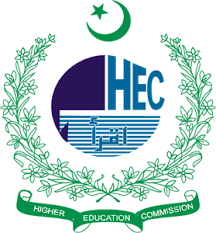Political movements in the Muslim world: religious or socio-economic drivers?
Keywords:
Political Movements, Muslim World, Islamism, Socio-Economic Drivers, Religious Ideology, Political Mobilization, Governance, Social Justice, Economic Inequality, Political ActivismAbstract
Political movements in the Muslim world are shaped by a complex interplay of religious, social, and economic factors. This article examines whether religious ideology or socio-economic grievances serve as the primary drivers of political mobilization across Muslim-majority countries. By analyzing historical movements, contemporary protests, and the rise of political Islam, the study explores how faith-based narratives intersect with issues such as poverty, inequality, governance deficits, and external interventions. The article argues that while religion often provides symbolic and motivational frameworks, socio-economic conditions play a decisive role in shaping political participation, activism, and policy demands. Understanding the dual influence of religious and socio-economic factors is crucial for policymakers, scholars, and civil society seeking to interpret political dynamics in the Muslim world.









